Debating the pros and cons of pseudonyms is becoming increasingly popular in today’s publishing landscape. Have you ever considered the idea of adopting a nom de plume for your writing? Whether you’re an experienced author or just beginning, the decision to use a pen name can be a pivotal one. Today, we’ll take a look at the pros and cons of using a pseudonym and help you decide which option works best for you.
Pro-Pen Name
Anonymity and Privacy: One of the primary reasons authors choose pseudonyms is to maintain privacy. A pen name can shield your real identity, offering a sense of security and allowing you to separate your writing life from your personal life. This is especially true with more salacious genres — some writers may fear social consequences in their community if their authorship is discovered.
Versatility: Pseudonyms provide the freedom to explore multiple genres or writing styles without confusing your audience. Writers can wear different creative hats while keeping their brands — and their writing voices — distinct.
Marketing and Branding: Sometimes, a pseudonym aligns better with the genre you write in or a specific target audience. It can enhance your branding and connect more effectively with your readers. A horror pseudonym may be dark and forceful, while a romance pseudonym is typically light and airy.
A Fresh Start: Aspiring authors often use pseudonyms as a fresh start, freeing themselves from the constraints of their past work or building a new image in the literary world. It’s an effective way to reestablish oneself under a new literary identity.
Anti-Anonym
Personal Connection: Writing under your real name fosters a personal connection with readers. It allows you to be yourself and share your authentic voice with the world. Moreover, it allows your readers to get to know the real you.
Credibility: Many readers and literary circles value authenticity. Using your real name can build trust and credibility as an author. This is especially true in nonfiction, where your subject-matter authority is truly essential.
Recognition: Your real name is your identity, and it’s how you’ll be recognized and remembered in the literary world. Building a name for yourself can lead to a lasting legacy and recognition both within the literary establishment and your own community.
The Writing Life: Some authors feel that using their real name is an integral part of their writing identity. It’s a testament to their commitment and passion for their craft. For these writers, their name and their work are inextricably linked.
Pseudonymously Yours
When it comes to using a pseudonym, there’s no one-size-fits-all answer. Your choice should align with your goals, aspirations, and comfort level. In addition to the pros and cons of pseudonyms listed above, also consider these key questions when making the decision:
- What are your goals as an author? Are you looking for anonymity, or do you want to establish a personal brand?
- How do you want to connect with your readers? Do you prefer a more personal connection, or are you comfortable maintaining a level of separation?
- Is your chosen genre or audience better suited for a pen name? Consider whether a pseudonym complements your writing style and target readership.
- What does your heart tell you? Trust your instincts and choose the path that feels right for you and your writing.
Presto Page Can Help
No matter what name you write under, Presto Page is here to support you on your self-publishing odyssey. Contact us to find out how our wide range of services can bring your manuscript to life, and our expert team is ready to assist you in every step of the process.
Remember, the power of a name lies in your hands. Whether you choose a pseudonym or your real name, the stories you share with the world are a testament to your creativity and passion.

